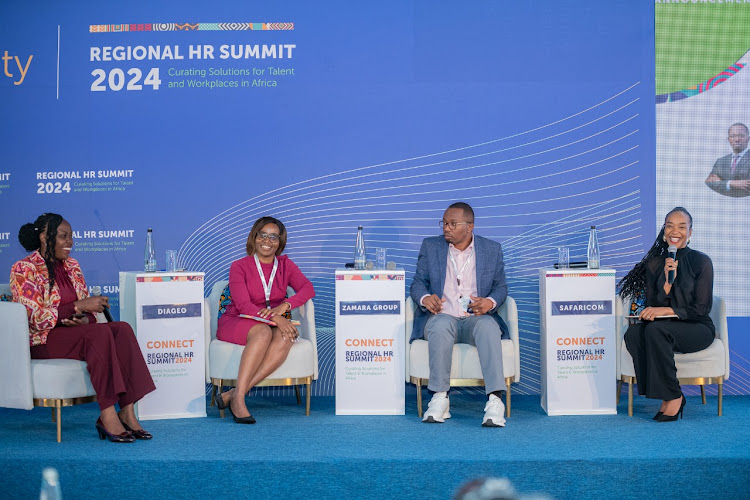
By Edson Baraukwa | Africa Guardian
As businesses across Africa grapple with high employee turnover and a workforce increasingly driven by purpose and career development, experts emphasize the importance of meaningful work for talent retention.
At the Regional HR Summit held in Nairobi, HR leaders, industry experts, and policymakers gathered to address the need for a shift in talent management strategies. They warned that without opportunities for growth and self-expression, organizations risk losing their top talent.
Raymond Muthama, Chief People and Culture Officer at Zamara, highlighted the need for organizations to offer platforms for meaningful work to retain their employees. “If you provide a platform for meaningful work, your talent pool will stay. However, if employees cannot grow and express themselves within the organization, they will leave,” Muthama explained.
He also emphasized that Africa should lead in developing solutions for talent and workspaces, given that 60 percent of the global labor force is located on the continent.
This call to action comes as businesses in Africa face a shift away from long-term employment with a single company, a trend more common in previous generations. Today, the average employee tenure is about three years, with the typical worker aged between 30 and 35.
Emily Ndoria, AfCFTA’s Director for Trade in Services, noted that the African Continental Free Trade Area (AfCFTA) is working on regulatory frameworks to facilitate smoother talent migration across the continent. “AfCFTA is leading efforts to develop mutual recognition agreements and regulatory frameworks to enable the free movement of talent across borders,” she said.
The conference, themed “Afrocentricity: Curating Solutions for Talent and Workspaces in Africa,” addressed challenges such as skills mismatches, the need for inclusive workplaces, and the impact of technological disruption. Attendees discussed strategies to overcome these obstacles and unlock opportunities for innovation and growth.
Zamara Group CEO Sundeep Raichura urged organizations to leverage human capital for social progress. “In today’s rapidly evolving global landscape, the role of HR in shaping the future of work is crucial. The decisions we make now will impact the success of our organizations and our continent for years to come,” Raichura stated.
The Regional HR Summit served as a platform for discussing strategies and solutions that will influence the future of work in Africa.
___
